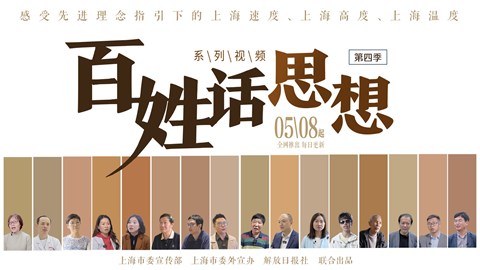Uni opens institute to study future tech in energy, health
Shanghai Jiao Tong University has set up a new institute to promote breakthroughs in future energy and health technologies.
The university said it will give full play to its advantages in science, engineering and medicine and pursue interdisciplinary and international cooperation.
It will established a high-level teaching team with significant global influence in cutting-edge, cross-disciplinary research and future technologies, set up international research and teaching platforms, and cultivate versatile leading talent in science and innovation who can support the country's future development.
The university decided to focus on future energy and health technologies because society is faced with complicated challenges, including environmental pollution, climate change and energy shortages. It will start two new majors – sustainable energy and health science and technology.
The first will study the integration of new-energy technologies, new information network technologies and intelligent technologies to provide solutions to current challenges and develop new approaches for exploring future energy.
The second will integrate technologies including artificial intelligence, medical robots, microscale communication and micro-nano level precise control. It will also examine new medical and health management approaches to make health care more predictable, preventable, personalized and participatory. It aims to enable patients to self-manage their own health and reduce clinical intervention.
The university will promote experiential engineering education to cultivate students' ability to apply their knowledge, solve problems, innovate, design, cooperate, lead, think critically and pursue lifelong learning.
It will also break down current barriers among disciplines to allow students to select interdisciplinary courses based on their own interests. Undergraduates will be able to choose their interest areas in the second year of study and take part in research programs. Some excellent students will be selected for master's or MD-PhD programs.
The new institute will expand cooperation with international partners to set up joint research centers and collaborate on research and education. It will also send its students to international labs for cooperation in scientific research.
Extensive cooperation will be pursued with enterprises to develop courses relevant to their needs, match students with both academic and industrial tutors and offer internships and research opportunities.















